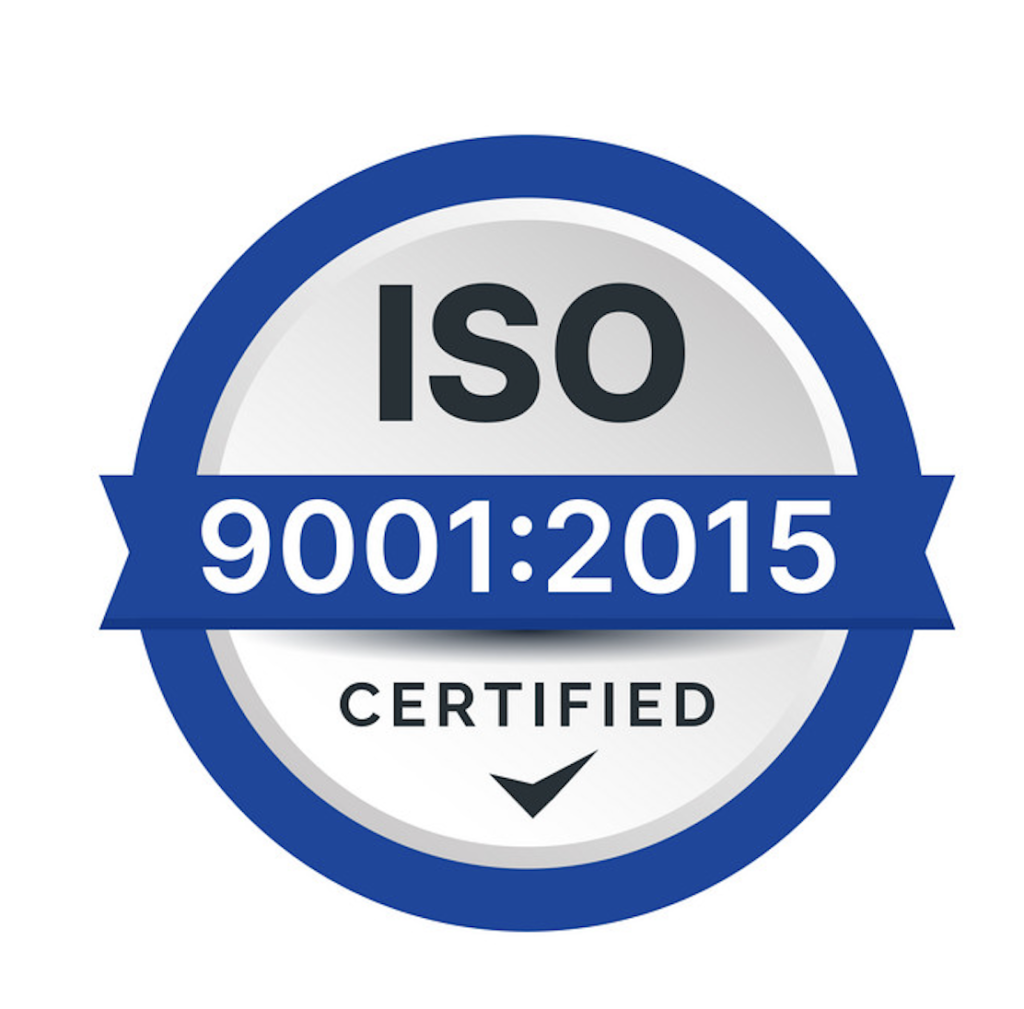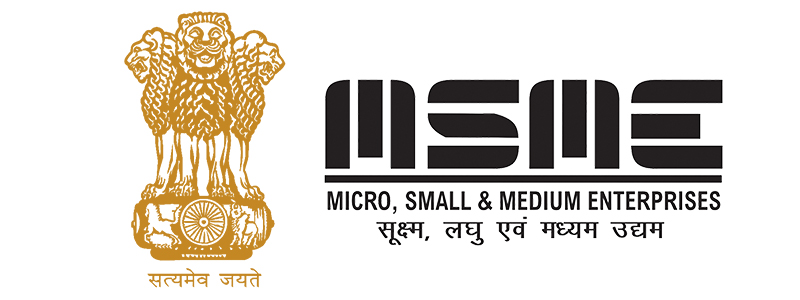Winding Up of Company Online In India!
50,000+ Businesses Incorporated Across India!
I got my Ngo registered under Trust Registration and they guys did the fantastic job they made it so easier for me. Thankyou Entrepreneurcell for tremendous response.
Let's Get Started!
Get easy updates through Whatsapp
Winding Up of Company
Here are the steps mentioned below for Winding Up of Company:
Our team will create the login credentials for Winding Up of Company.
Step 1
Our ITR filing experts will select the right form for Winding Up of Company.
Step 2
Our experts will file the Winding Up of Company after successful verification.
Step 3
Overview
Types of Winding up:- Voluntary winding Up, Compulsory Winding Up
Benefits
Resolution of Financial Troubles:
Closure of Unprofitable Operations:
Relief from Liabilities:
Optimal Utilization of Assets:
Closure with Dignity -
Focus on Stakeholder Interests -
Compliance with Legal Obligations -
Potential Tax Benefits -
Overall, while the decision to wind up a company is often challenging, it can offer several benefits in terms of resolving financial difficulties, providing closure, and facilitating a fresh start for stakeholders
Documents Required
Here is a general list of documents that may be required during the winding-up process
Board Resolutions -
Special Resolution -
Notice of Winding-Up -
Appointment of Liquidator -
Financial Statements -
List of Creditors and Debts -
Asset Register -
Valuation Reports -
Tax Returns and Clearance Certificates -
Employee Records
Minutes of Meetings -
Legal Documents -
Statutory Forms -
Final Accounts and Reports -
Steps
Below are the general steps involved in winding up a company:
Step 1:- Board Resolution and Shareholder Approval -
Step 2:- Appointment of Liquidator
Step 3:- Public Notice
Step 4:- Inventory and Valuation of Assets
Step 5:- Settlement of Liabilities:
Step 6:- Realization of Assets -
Step 7:- Distribution to Creditors -
Step 8:- Distribution to Shareholders:
Step 9:- Final Accounts and Reports -
Step 10:- Application for Dissolution -
Leading Brands Rely On Our Expertise





Frequently Asked Questions
Why choose Entrepreneurcell?
6,500+
Five Star Google Reviews
13+
Years of Startup Centric Legal Expertise
100+
Team Members at your service
3,000+
Registrations Every Month
Our Happy Clients Say!
Entrepreneurcell has been a wonderful partner for my business journey. Their team's expertise helped me in starting my own company. For execution, they provided invaluable guidance, strategic advice, and practical solutions. Thanks to Entrepreneurcell, I highly recommend their services to entrepreneurs.

Thankyou Entrepreneurcell! It couldn’t be possible without you the way you make things easier for us. We were really stressed while opening our stores in different states but the way you provided registration and licenses smoothly and on time make the opening really grand. Highly recommended!

I was stressed for not getting my GST Registration for past 1 month but Entrepreneurcell makes it easier by providing the Certificate in another 7 Days. Thankyou Entrepreneurcell for helping. Now, I am ready to kickstart my business with your guidance. Thanks Entrepreneurcell!

We Are Certified with!




You Can Also Connect Via WhatsApp!
Just text us and chat with our friendly Professional expert.
We will complete your order by phone or guide you step by step.





